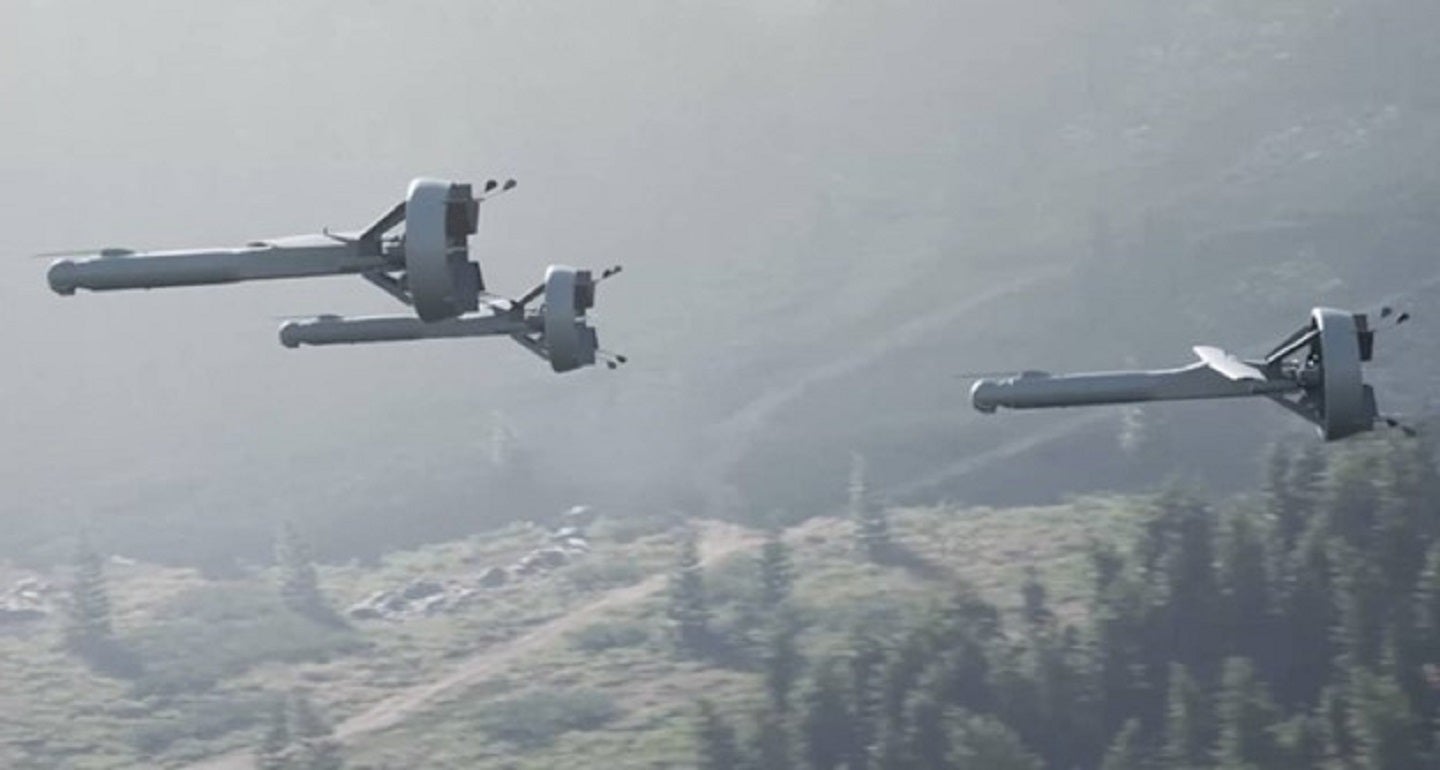
Shield AI announced that it has raised $200m in an oversubscribed Series F funding round on 31 October, co-led by the US Innovative Technology Fund (USIT) and Riot Ventures.
After the round, the value of the San Diego-based AI specialist grew to $2.7bn.
According to GlobalData forecasts, the total AI market including platforms, services and hardware will be worth $908.7bn in 2030, growing at a compound annual growth rate (CAGR) of 35.2% from $81.3bn in 2022.
The intelligence consultancy also provides further company filings analytics that indicate that AI was mentioned 574 times so far this year, followed by 241 mentions of robotics.

Remoteless and fully autonomous
However, Shield AI is not just another AI start-up making hay while the sun shines. It is making a mark in its development of fully autonomous systems.
The start-up builds an AI pilot called Hivemind, which enables teams of intelligent aircraft to operate autonomously in high-threat environments at the edge, without the need for remote operators, command inputs or a global positioning system.
The technology approach is similar to those in the self-driving car industry and its software stack is aircraft agnostic, allowing the company to provide autonomy to a variety of form factors across the aerospace industry.
Shield AI is making the right partners in the right market
Shield AI’s announcement follows the recent launch of the company’s V-BAT Teams product.
This enables a single human operator to command a minimum of four V-BATs, generating real-time AI-driven flight paths, and exhibiting dynamic read-and-react behaviours autonomously.
Except for lethal decision-making, V-BAT Teams can complete missions from start to finish without the need for an operator or pilot.
In August 2023, Shield AI teamed up with the Australian AI company Sentient Vision Systems to integrate its ViDAR AI system, which uses an electro-optical/infra-red (EO) wide-area motion imagery solution, into its V-BAT Unmanned Aerial Systems (UAS).
The capability will enable the UAS to intelligently classify, track and read-and-react to targets. Shield AI plans to fly the capability on V-BAT next year, while also dipping into another emerging market of EO sensors, which GlobalData expects to grow at a compound annual growth rate of 3.1% to $13.6bn by 2032.
Battlefield resilience
The start-up’s Series F investors noted that the company’s products have a competitive advantage over other AI systems in the market.
“As deep-tech investors, we have seen a large swath of autonomy efforts in every realm and Shield AI has a clear lead,” stated Stephen Marcus, co-founder and general partner of Riot Ventures.
“Battlefields are increasingly dominated by drone warfare and the enemy is doing everything in their power to make it a hostile environment, including blocking communications and GPS. Modern air forces are flying blind. Shield’s AI pilot doesn’t require GPS or communications because it is smart and adaptable to the environment.
“Their AI is trainable and adaptable to many different missions and has flown teams of quadcopters, V-BATs and modern fighter jets. The closest tech comparable we have seen is what Tesla is doing with their self-driving stack. Their combination of market-leading AI technology and top-tier growth is why we are excited to continue to invest in the company.”
Our signals coverage is powered by GlobalData’s Disruptor data, which tracks all major deals, patents, company filings, hiring patterns and social media buzz across our sectors. These signals help us to uncover key innovation areas in the sector and the themes that drive them. They tell us about the topics on the minds of business leaders and investors, and indicate where leading companies are focusing their investment, deal-making and R&D efforts.






